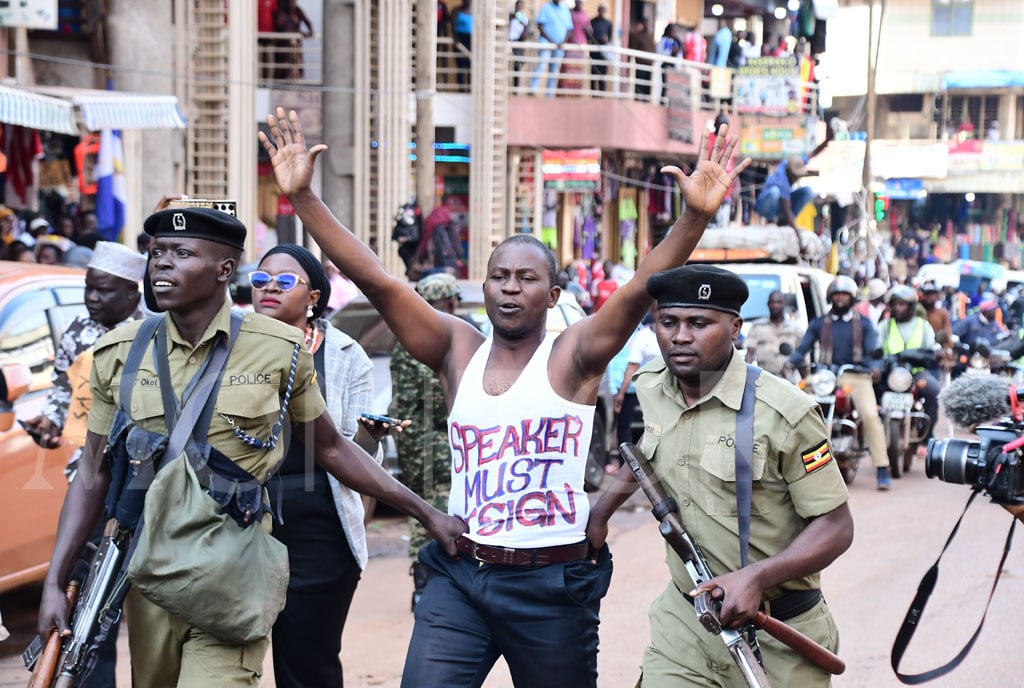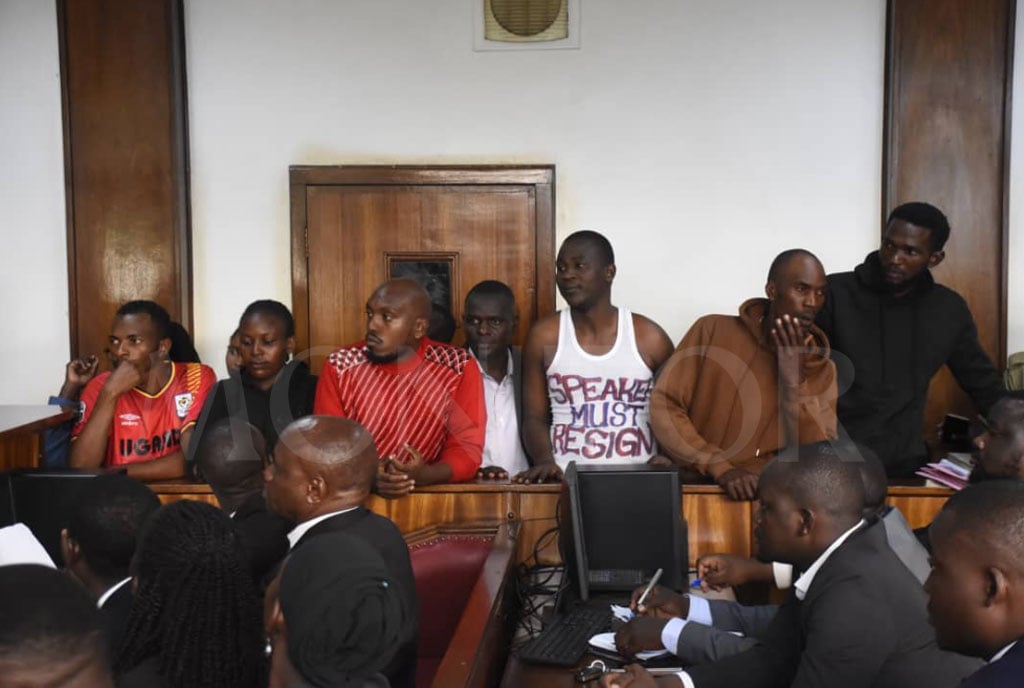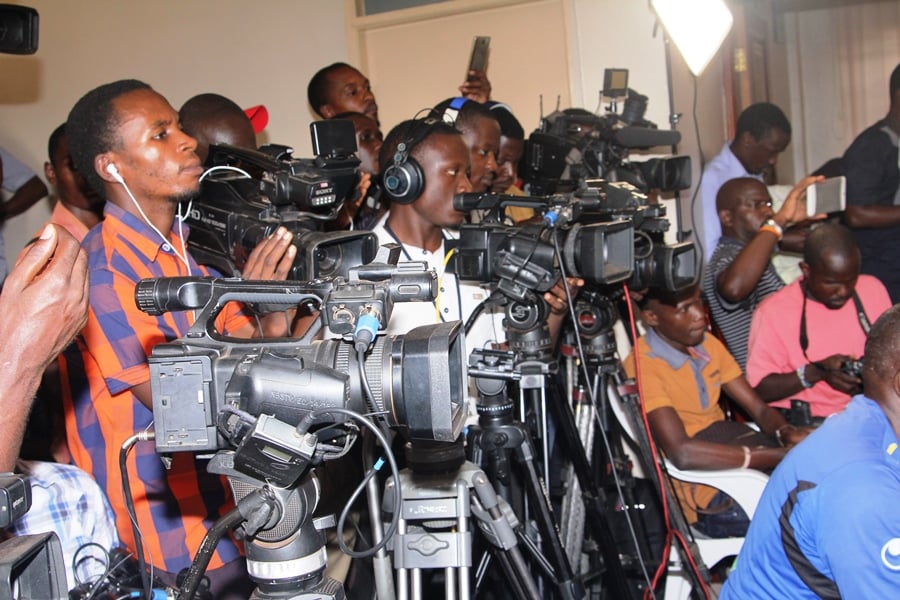
Japheth Walakira
Early this month, what started as digital activism by young Kenyans on social media raising their concerns over a government Finance Bill has resulted in a series of protests on streets.
The “Gen Z” of Kenya, who are leaderless, put the government on tenterhooks with demands, such as rejection of the Finance Bill. President William Ruto, subsequently, said the Bill would be withdrawn and later dismissed his Cabinet.
Some Ugandans, looking at what has been happening in the neighbouring country, also planned to stage a peaceful demonstration dubbed “March2Parliament” yesterday.
The planned demonstrations, which has since seen some orchestrators detained is a reflection of the public’s growing frustration and demand for accountability from their leaders.
Despite the risks of arbitrary arrest and torture, Ugandans have continued to speak out against the political elite’s failures.
These protests, both on the streets and online, have been directed towards the high rate of corruption leading to poor road infrastructure and a substandard health care system.
According to the Council on Foreign Relations, Ugandans including the youth have limited options when it comes to holding their political leaders accountable. Elections in the country have grown less popular among youth. Civil society is libeled and intimidated by the state operatives.
Nonetheless, we usually use a mix of humour and anger to highlight the discrepancies in how the elites and ordinary citizens are treated, showcasing a collective refusal to remain silent in the face of systemic injustice, the case of Dr Spire Ssentongo’s #PotholeExhibition last year, which attracted participation from tweeps and many young people in the country.
But can the exhibitions and banter on various social media platforms be turned into a physical demonstration or we are just cowards?
The turnout for Day-One of the demonstration was lower than expected. Several factors contributed to this, including fear of arrest and a sense of futility among the public but also, swift response from security operatives based on intelligence information to foil potential demonstration plans.
The government’s previous crackdowns on protests further instilled fear in many Ugandans, deterring them from active participation.
I also think yesterday’s march to Parliament was affected by President Museveni’s stern warning during his address at the weekend.
Also warnings from the Uganda Police Force could have sent shivers down the protestors’ spine and that of other individuals and groups who had planned to demonstrate.
The mobilisers had called upon Ugandans to occupy all streets in Kampala as part of their march to Parliament.
Such a mass occupation of the streets from the police perspective was likely to result into a significant traffic congestion, disruption of trade, and disturbances to public order contrary to the Public Order Management Act, 2013, which requires organisers of public meetings to notify the police about proposed venue and intention for the meeting for effective crowd and traffic control, among other reasons.
The protests could have been held peacefully, had the security operatives given youth and other like-minded individuals the chance to express their grievances on the street yesterday.
The police and army officers, who also face the same challenges of drug stock-outs in health facilities, pot-holed roads, among others, should weed out criminals during such protests instead of treating all protesters as criminals.
And, is it too much to ask for answers to the seven demands raised by the protestors?
If Members of Parliament are elected to make laws, appropriate public funds and represent their constituencies and special groups, among other roles, why is Parliament not accessible to the electorate who demand answers on how some of the lawmakers are behaving, their actions, inactions, misdeeds and allegations.
Mr Japheth Godwin Walakira is a Journalism student at Nkumba University and a freelance photojournalist.
Email: [email protected]
Phone: +256759116087








